Portrayals of Duality: Hafu in the Media and Popular Culture
Aesthetics, Hypervisibility and ‘Otherness’
We are increasingly seeing more strong hafu women being celebrated for their amazing achievements as well as being able to harness the power of understanding and experiencing two different cultures. Yet, it is fair to say that still a lot of representation we see, especially in the Japanese media, is based on the unique beauty that hafu women offer.
Most hafu (child of one ethnic Japanese parent and one non-ethnic Japanese parent) women have shared the universal experience of growing up and feeling like they look like and are an outsider, therefore being uncomfortable with their mixed-race identity. Yet, the rise of social media and thus the prominence of celebrity culture has meant more hafu women have been thrust into the spotlight and become more visible. As much as this is a wonderful thing, sometimes it feels as though hafu women are only portrayed in the media because of the fact their duality is seen as “exotic” and “different”.
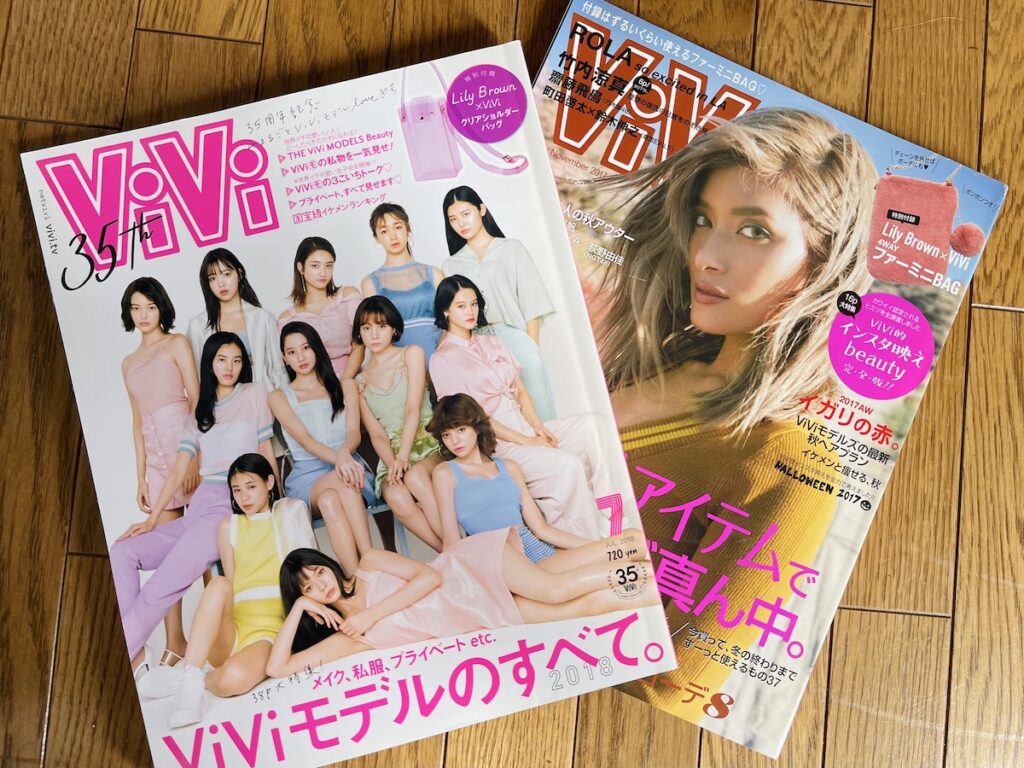 © Photo by SavvyTokyo
© Photo by SavvyTokyoAlthough it is fair to say there has long since been a hyper-fixation with hafu beauty standards, I feel like as a result of social media, this hyper-fixation has only increased and I have heard more conversations about what the perfect hafu woman should look like. In my personal experience, as much as it fills me with so much joy to see so many girls who look more similar to me on my Instagram feed, it also brought up a new set of personal insecurities about not possessing the right balance of “desired” Western and Japanese features.
In a 2018 CNN article, hafu model Rina Fukushi shared a similar sentiment stating how there is a “stereotype that all hafus speak two languages [and] the stereotype that all hafus are beautiful and are models”. Rina’s words perfectly capture how in some ways hafu women are expected to fit into a mold, which many of us struggle to live up to. There is an unspoken pressure to get this balance right and failure to do so can often lead to people questioning your “halfness”.
Hafu media representation
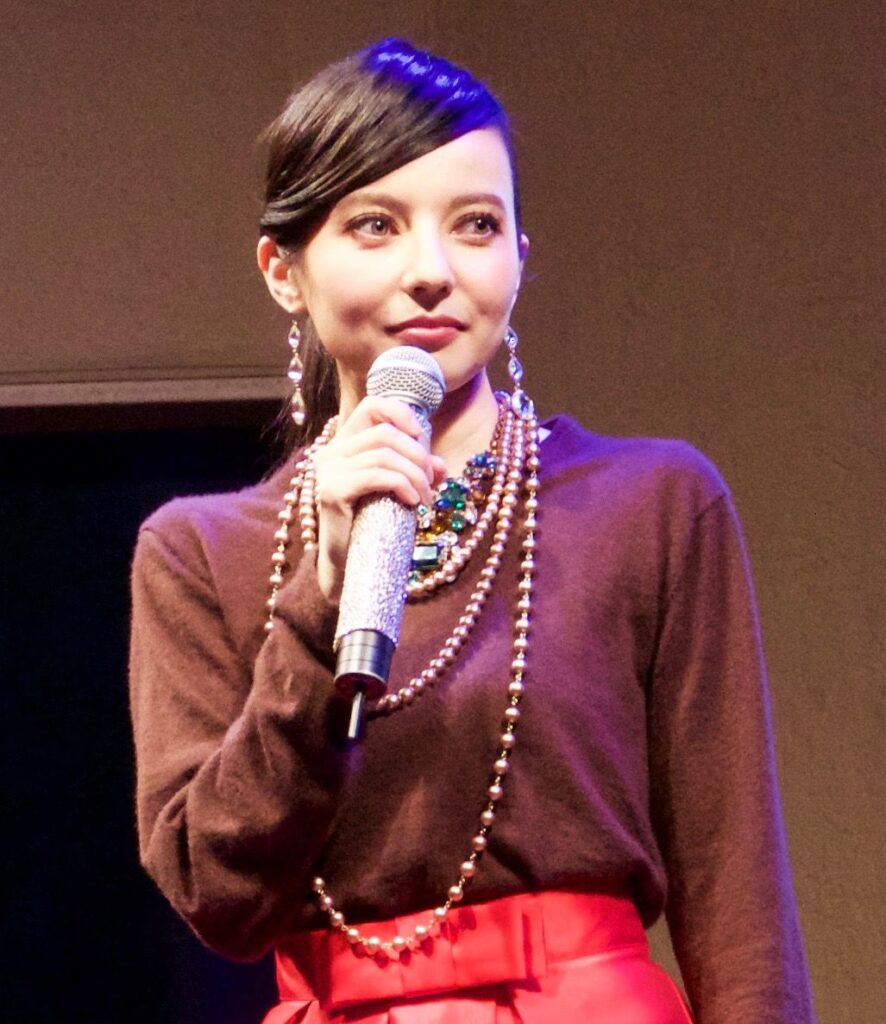 © Photo by Japan Today
© Photo by Japan TodayTo understand the current media representation and visibility of hafu women, we need to take a quick look at the past. Kyoto-based scholar, Hyoue Okamura highlights how during the 1960s there was a “mixed-blood talent boom” in which many racially-mixed individuals in their early 20s were put into the spotlight in both the fashion and entertainment world, displaying how there has long been a fascination with hafus, ever since they became more recognized in society.
This boom hasn’t slowed down, with a new group of hafu women taking center stage in Japanese advertisements in the last few decades. One such figure is Rola, a model of half Bangladeshi and Japanese descent. According to scholar Kaori Mori Want, figures like Rola have been used in food commercials, including one for Yoshinoya’s Japanese beef bowls because “by using hafu, who presumably do not eat Japanese traditional foods, the advertisements confounded viewer’s assumptions, impacting the audience via surprise”. She has that slight familiarity which is comforting to a Japanese audience but that difference too, which makes her intriguing—a clear example of hafu women being praised but always being othered.
Hafu women are also a popular choice when it comes to being television presenters or talents. For instance, Becky, who is a mix of British and Japanese, gained popularity due to her ability to perfectly encapsulate both Japanese and Western traits through her preppy personality and ability to speak Japanese. She was a popular choice for variety shows because she bought a different and harmless perspective but one which felt familiar to a Japanese audience.
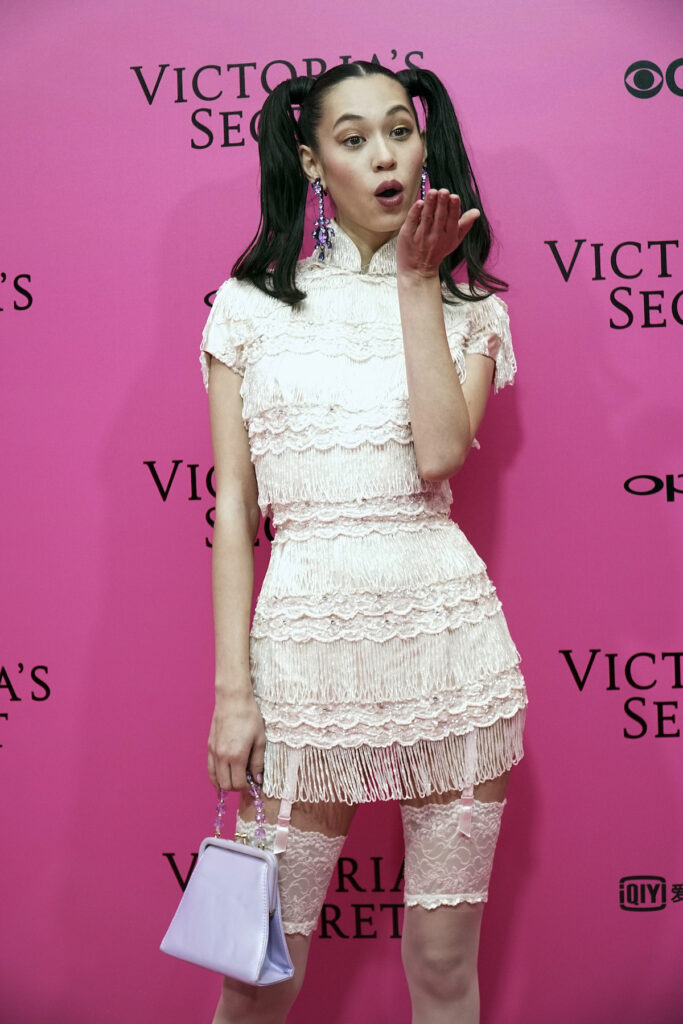 © Photo by Victoria’s Secret
© Photo by Victoria’s SecretModel and actress Kiko Mizuhara, is an IT girl both internationally and in Japan. Similar to Rola and Becky, she became popular for her beauty and power to break traditional cultural expectations. Yet, it is the latter that has gotten her into controversies with the Japanese media in the past including her Indie Magazine photoshoot, where there were discussions over her poses. Such instances imply hafu women in the Japanese media are expected to be confined to cultural norms whilst at the same time keeping their appeal and ability to exceed such boundaries. Again, we clearly see this expectation and being able to perfectly balance two cultures.
In the last few years, there has been a slight shift in portrayals, in large part due to Naomi Osaka and her rising success in the tennis world. We are beginning to see more mixed-race girls being recognized for their achievements in other fields such as sports. Popular with the international media, Osaka has been dubbed as a “symbol of a new, more inclusive Japan”, illustrating how she has been portrayed as a strong and progressive figure. However, scandals such as the 2019 Nissin Cup Noodle Ad, where a cartoon version of Osaka featured was severely whitewashed, again highlight such rigid expectations of what a hafu woman should be like.
‘Hafu Mania’
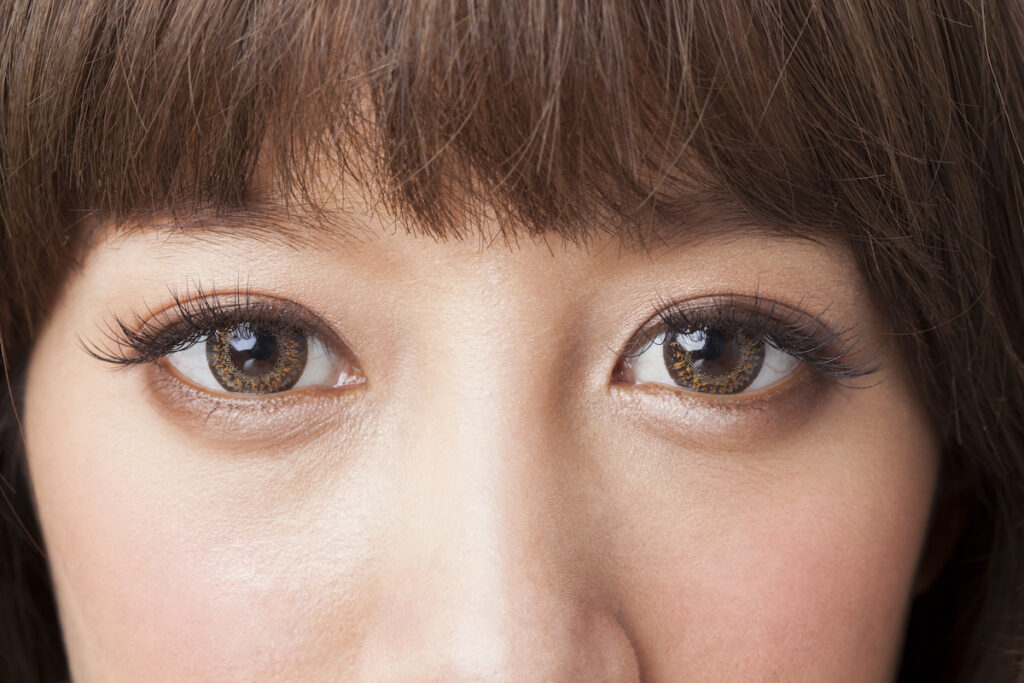 © Photo by Pixta: Ushico
© Photo by Pixta: UshicoIn Japanese popular culture, there is such a thing called “hafu mania”, an obsession with the aesthetic and concepts behind halfness. A prime example of this admiration is back in 2009, 7-Eleven convenience stores sold a line of cosmetics called Para Do which was clearly marketed as helping young Japanese women to replicate the hafu look. The advert for this cosmetic brand labeled this collection as ‘ハーフ顔コスメ’ (half-face cosmetics) and included an eyeshadow palette, cheek palette and lip gloss which was said to help you make your features resemble those of a hafu woman. Currently, certain clinics also offer types of surgery helping women permanently change their features in order to look hafu. The existence of such make-up and procedures, again highlights just how the hafu woman is sometimes not seen as a multifaceted individual but as an aesthetic trend or look many want to achieve.
 © Photo by iStock: Kikujiarm
© Photo by iStock: KikujiarmThere is much more to say on the portrayals of duality but one thing is clear—although aesthetics plays a significant role in the identity of hafu women, this is increasingly changing as women begin to write their own narrative. With the ways in which media is being used constantly changing and discussions of identity politics evolving, I believe with time we are going to see more intricate portrayals of hafu women in the media and opportunities to celebrate and better understand all the complexities and uniqueness that comes with being a hafu woman.
Personal disclaimer: the observations made in this article are based on my own experience growing up as a half-Japanese and white woman.




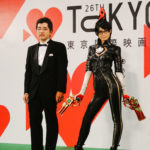








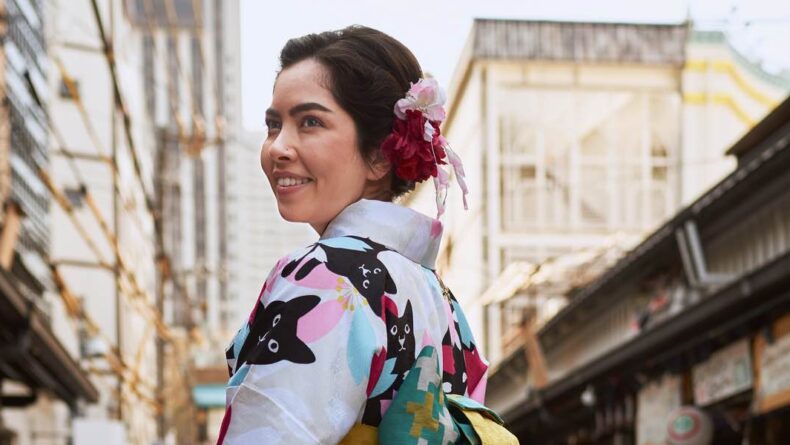
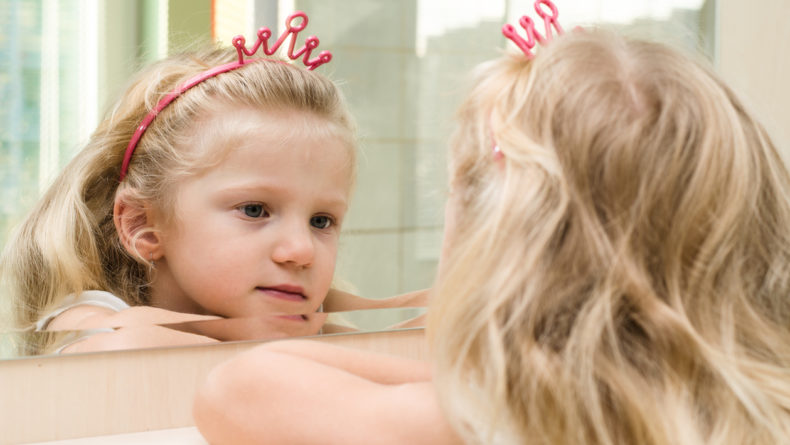
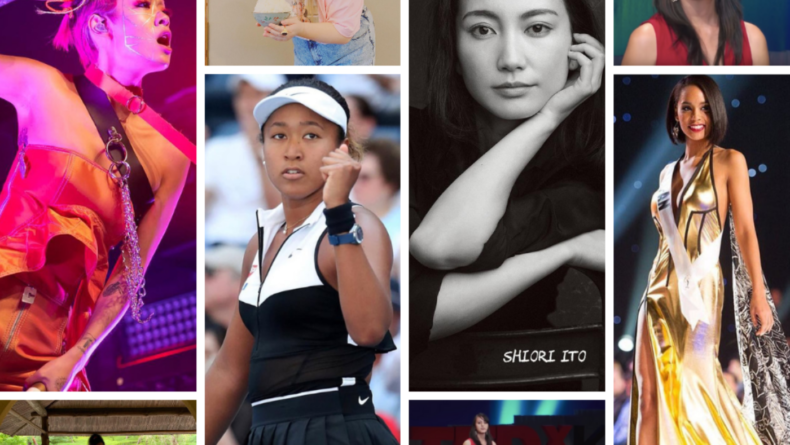
I am a male that is ‘Hafu’: my father British, my mother Japanese, my siblings and I were born and bred in Japan but raised in Australia. I told my late father that although I might use his name, I am my mother’s son so I am more Japanese -no offence.
Clearly no right or wrong but curious what made you decided you are more Japanese than Brit? I know some friends whose parents are both Asian but born in USA so they feel they are American.